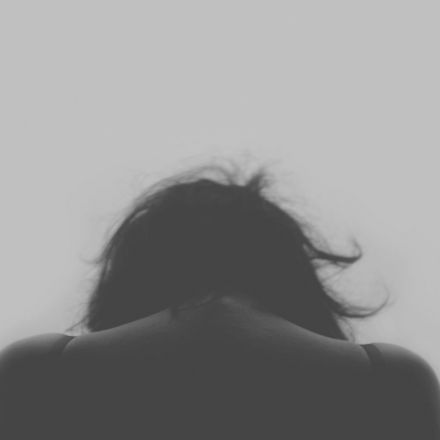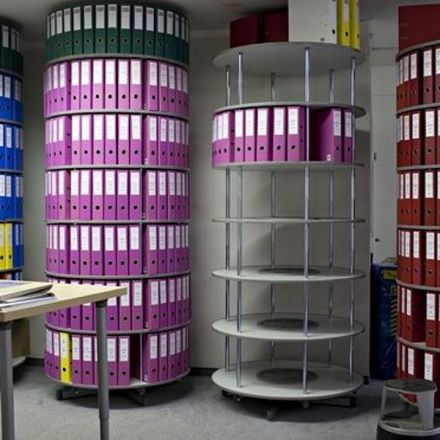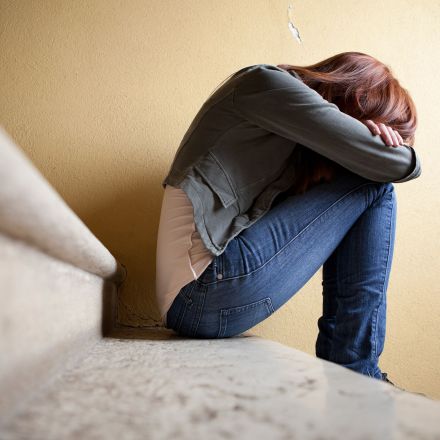Thank you
Your email has been added to our waiting list and we will send an invite to you as soon as possible. Thank you for your patience.
In the meantime, if you happen to run a blog, our newly launched Blog Enhancement Suite can utilize the immense power of community to help you get more audience, engagement, content, and revenue with your own embeddable community! It will breathe new life into your blog and can automate many of the tedious tasks that come with the territory, so you can focus more on what matters most... writing.
Help spread the word about Snapzu:
Let others know about Snapzu by tweeting about us. We appreciate every mention!
Tweet it!





























Join the Discussion
I'm not entirely surprised to see a story like this come from a country like Belgium. I'm not entirely sure how to feel about this sort of practices, but I'm cautiously going towards optimistic. I've often thought about finding ways to bring about relief to clinically or chronically depressed people involving 'suicide clinics' you would have to register for way in advance while you receive a more or less thorough following from mental health specialist(s) before you can be processed in a controlled and prepared environment. The goal of the specialists also wouldn't be to deter the person from suicide but rather to attempt and explain the implications of death as well as can be done, and to ensure that the patient is still on board or isn't changing their mind. It would take a lot of work and research for this to be possible, but with how 'easily' it seems to be happening in Laura's case from the article, I feel like more solutions will be available to depressed and suicidal people other than anti-depressants and therapy in the coming years. It feels weird to have a system in place for terminally ill patients of an array of disorders and illnesses, serve for a depression-induced need to die. I hope her family if she has any understands.
I totally agree , I am very sceptical abut it , it does leave too much room for the speculation .